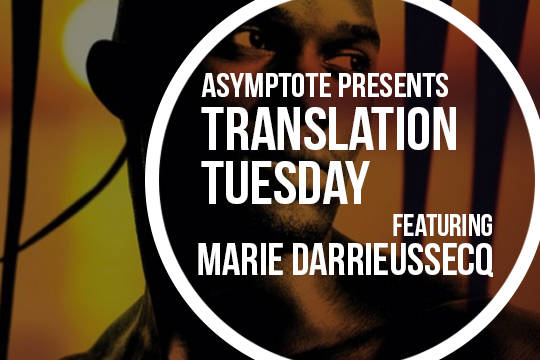We have a busy schedule this week, Readers, so pack light and wear comfy shoes! First stop is Brazil, where we’ll board book-selling buses and more. Then we’re off to Singapore to check out a nation-wide, month-long poetry project before visiting a new cultural hub in the Czech Republic. And final destination: the vibrant literary scene in Spain!
Maíra Mendes Galvão, Editor-at-Large for Brazil, gives us the latest:
Brazilian writer João Gilberto Noll passed away at age 70 on March 29 in his house in Porto Alegre, in the State of Rio Grande do Sul. Noll stood out among his contemporaries in the 1980s for his language-driven writing at a time when Brazilian literature favored narrative and plot. His novels Quiet Creature in the Corner and Hotel Atlântico were translated into English by Adam Morris, and Harmada was translated by David Treece.
Rizoma Livros is an itinerant bookstore on a bus that tours the city of São Paulo, Brazil, offering books by independent publishers such as n-1 and elefante. It will be parked in front of Middle-Eastern food restaurant Al Janiah, owned by Palestinian refugees and Brazilian friends, in the Bixiga neighborhood of São Paulo until the end of April.
Another book bus is touring the Northeast State of Ceará as part of the project “Ceará Leitor” [Ceará Reader], aimed at encouraging the population of smaller towns such as Baturité, Aquiraz, Maracanaú and Horizonte to read more by offering discounted books by publishing houses from Ceará. The will also donate book baskets to the visited municipalities’ book collections for public and school libraries, and offer an orientation on how to start book clubs. Organized by the Viva Brasil institute and the Ceará Book Chamber, with the support of SEBRAE, the Secretariat of Culture of the State of Ceará, and the Government of the State of Ceará, the project hopes to open up, for as many people as possible, the possibility of acquiring the habit of reading as a form of entertainment and education.
The Brazilian Academy of Letters has elected writer and diplomat João Almino as a new member, taking up its 22nd Chair, previously occupied by the recently deceased physician and academic Ivo Pitanguy. Some of Almino’s fiction work has been translated into English, French, Spanish and Italian, and he’s also written non-fiction books about historical and political philosophy.


